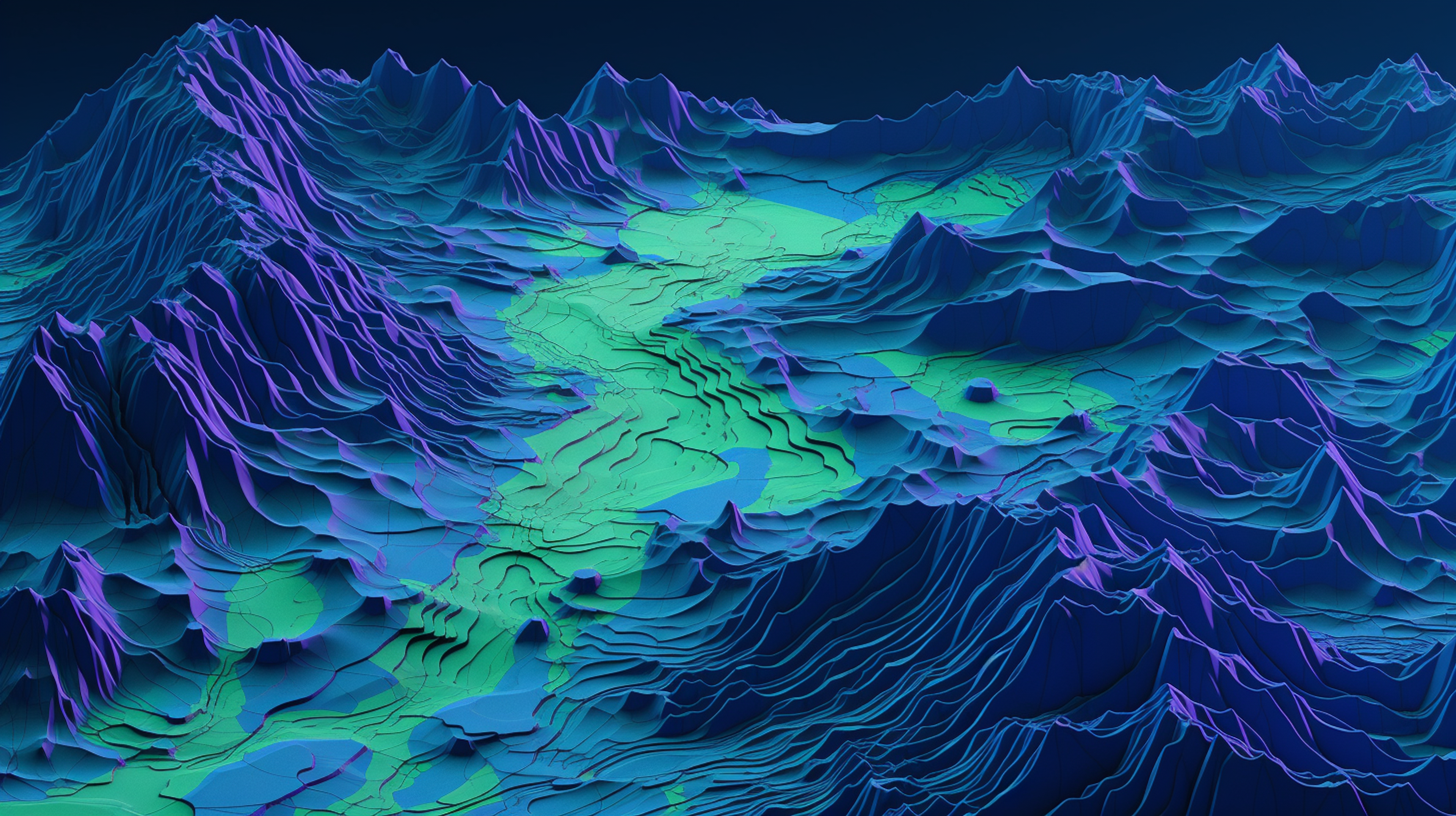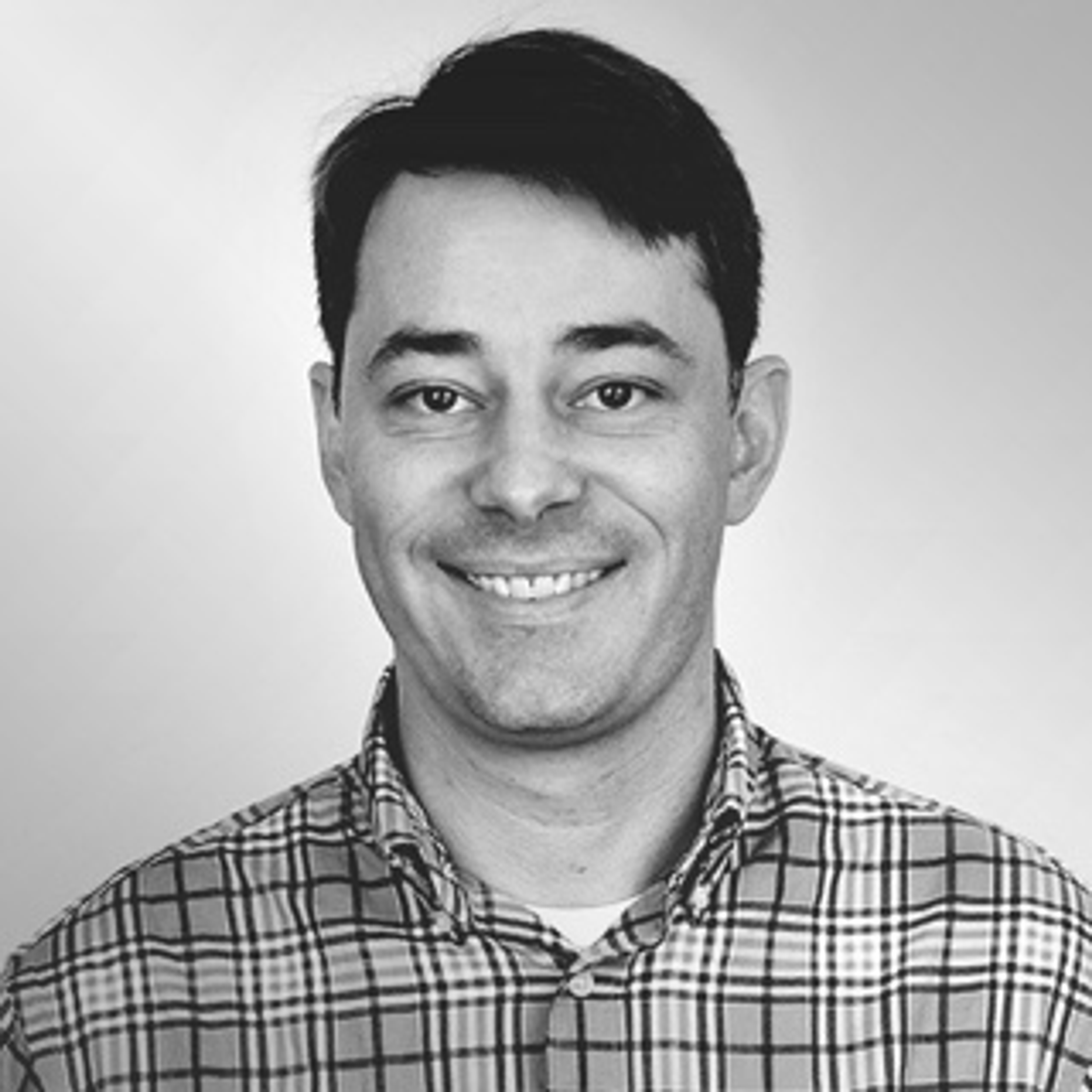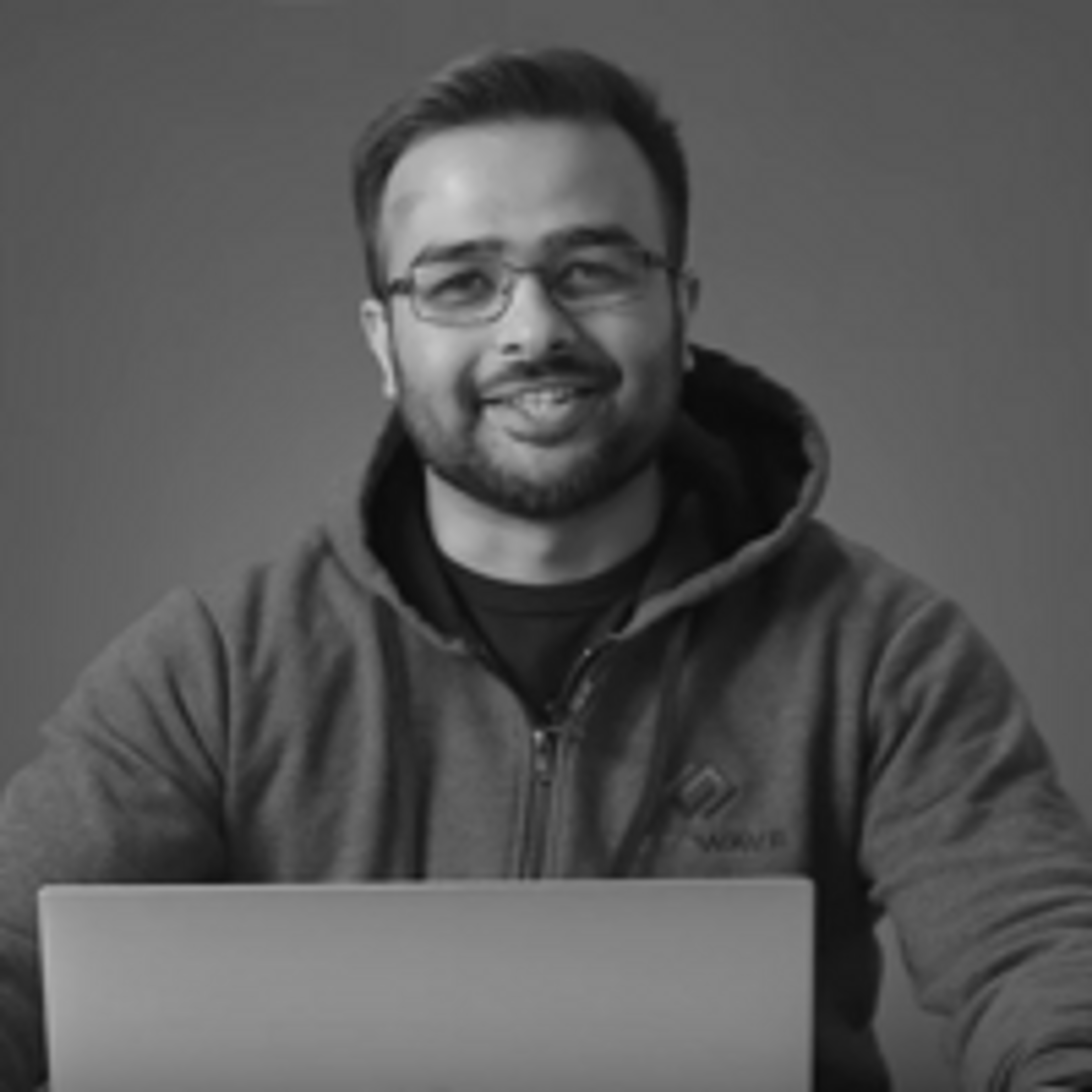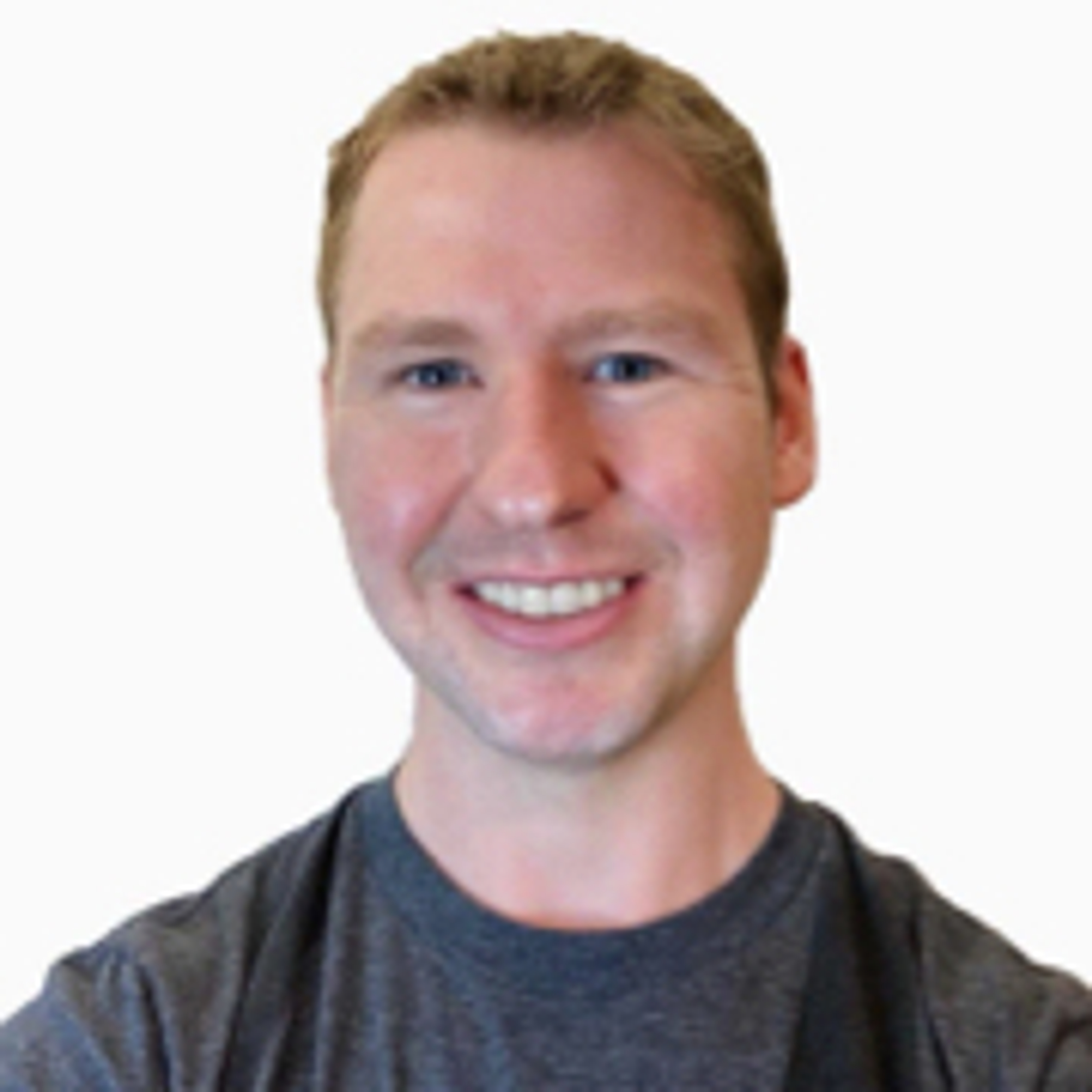Lesson 1
Welcome to the Sensor Fusion Engineer Nanodegree Program
Welcome to the Sensor Fusion Engineer Nanodegree Program! In this lesson, you will learn more about the structure of the program and meet the team.

Nanodegree Program
The Sensor Fusion Engineer Nanodegree program consists of four courses that teach the fundamentals of sensor fusion and perception for self-driving cars. The program covers lidar, radar, camera, and Kalman filters, and includes lessons on working with real-world data, filtering, segmentation, clustering, and object tracking. In addition, students will work on a capstone project that involves building a complete sensor fusion pipeline for autonomous vehicles. Upon completing the program, graduates will have the skills and knowledge necessary to design and implement sensor fusion systems for self-driving cars.
The Sensor Fusion Engineer Nanodegree program consists of four courses that teach the fundamentals of sensor fusion and perception for self-driving cars. The program covers lidar, radar, camera, and Kalman filters, and includes lessons on working with real-world data, filtering, segmentation, clustering, and object tracking. In addition, students will work on a capstone project that involves building a complete sensor fusion pipeline for autonomous vehicles. Upon completing the program, graduates will have the skills and knowledge necessary to design and implement sensor fusion systems for self-driving cars.
Built in collaboration with
Mercedes-Benz
Advanced
3 months
Real-world Projects
Completion Certificate
Last Updated March 21, 2023
Course 1 • 1 hour
Lesson 1
Welcome to the Sensor Fusion Engineer Nanodegree Program! In this lesson, you will learn more about the structure of the program and meet the team.
Lesson 2
Lesson 3
What to do if you have questions about your account or general questions about the program.
Lesson 4
You are starting a challenging but rewarding journey! Take 5 minutes to read how to get help with projects and content.
Course 2 • 3 weeks
Lesson 1
Learn about lidar and point clouds. Use a simulation highway environment to explore lidar sensing and generate point clouds.
Lesson 2
In this lesson, you will be using Ransac with a plane model to segment point cloud data and separate it into points that are part of the road and points that are not.
Lesson 3
Perform Euclidean clustering, and learn how to build KD-Trees to use them to do efficient nearest neighbor search for clustering.
Lesson 4
Take what you have learned in the previous lessons and apply it to real pcd being played back in a video.
Lesson 5 • Project
In this lesson, students will submit the project that they have developed over the previous lessons.
Course 3 • 3 weeks
Lesson 1
Introduction to the instructor, and the guest Timo Rehfeld, Mercedes-Benz R&D North America, and the course overview.
Lesson 2
Learn about the various levels of autonomy, some typical sensor sets, basics of camera technology, and an introduction into the OpenCV computer vision library.
Lesson 3
Learn the collision detection basics, and estimating the TTC with Lidar and Camera.
Lesson 4
Learn about the intensity gradient and filtering techniques; extract corners, infer features of an image, and track an object across multiple images.
Lesson 5 • Project
Lesson 6
Learn to improve the tracking process results by combining the Camera and Lidar output
Lesson 7 • Project
Lesson 8
Course 4 • 2 weeks
Lesson 1
Lesson 2
Review Radar functionality, FMCW waveform, Radar Hardware, Schematic and the Radar Equation
Lesson 3
Estimate the range and velocity of the target using the FMCW radar
Lesson 4
Discuss - Clutter formation and then its removal using CFAR technique. After that
Lesson 5 • Project

Staff Software Engineer at Kodiak Robotics
David works on Self-driving trucks at Kodiak. As a Staff Software Engineer, David writes planning, control, simulation and mapping software for self-driving trucks.

Instructor
Stephen is a Content Developer at Udacity and has worked on the C++ and Self-Driving Car Engineer Nanodegree programs. He started teaching and coding while completing a Ph.D. in mathematics, and has been passionate about engineering education ever since.

Instructor
Abdullah holds his M.S from the University of Maryland and is an expert in the field of Radio Frequency Design and Digital Signal processing. After spending several years at Qualcomm, Abdullah joined Metawave, where he now leads Radar development for autonomous driving.

Instructor
Andreas Haja is an engineer, educator, and autonomous vehicle enthusiast. Andreas now works as an engineering professor in Germany. Previously, he developed computer vision algorithms and autonomous vehicle prototypes using C++.

Senior Software Engineer
Aaron has over 7 years in the autonomous vehicle field, starting as a Udacity content developer then instructor, focusing on Lidar in the Sensor Fusion and Self-Driving Car Nanodegree Program. For the last 5 years, he's been with Mercedes-Benz R&D North America, working in functional testing, Sensor Fusion, and Machine Learning driven by a passion for technological evolution and problem-solving.
Average Rating: 4.8 Stars
175 Reviews
Combine technology training for employees with industry experts, mentors, and projects, for critical thinking that pushes innovation. Our proven upskilling system goes after success—relentlessly.

Demonstrate proficiency with practical projects
Projects are based on real-world scenarios and challenges, allowing you to apply the skills you learn to practical situations, while giving you real hands-on experience.
Gain proven experience
Retain knowledge longer
Apply new skills immediately

Top-tier services to ensure learner success
Reviewers provide timely and constructive feedback on your project submissions, highlighting areas of improvement and offering practical tips to enhance your work.
Get help from subject matter experts
Learn industry best practices
Gain valuable insights and improve your skills

Unlimited access to our top-rated courses
Real-world projects
Personalized project reviews
Program certificates
Proven career outcomes
Full Catalog Access
One subscription opens up this course and our entire catalog of projects and skills.
Average time to complete a Nanodegree program

Sensor Fusion